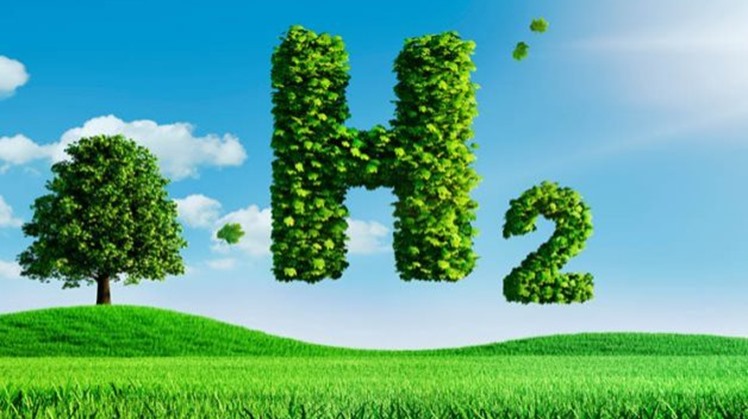CAIRO - 16 August 2022: The Egyptian state has put in place a package of incentives to encourage green projects.
This includes the fields of alternative energy that depends on abundant solar energy, wind energy, waste management sector, and the sustainable transport sector through the initiatives of the electric car industry, the development and improvement of public transport, and the land management sector that it is concerned with agricultural lands, organic agriculture, reforestation, forests, fresh water and fisheries, which work to improve the quality of soil and produce major crops, and improve air quality and rationalize water consumption.
During this report, et monitor the incentives that have been set and how the owners of green projects have benefited from them:
1- Feed tariff for renewable energy to stimulate private investment in renewable energy.
2- The certificate of the Green Star for tourist hotels, where 92 hotels obtained this certificate.
3- Reducing customs duties on imported electric cars by 10 percent.
4- Investment Law No. 72 of 2017 Regulating Contracts concluded by Public Entities No. 182 of 2018, which provided granting for “projects that depend on or produce new and renewable energy, the agricultural waste recycling industry, as a deduction from the net taxable profits at a rate of 30 percent, a reduction of investment costs.
5- Special incentives for a special tax, and the article stipulates the necessity of observing the state’s economic, social and environmental policies announced by the Council of Ministers in its contracts, taking into account the terms of quality and cost, and achieving the best value for public money on the basis of the entire life cycle of what is offered.
6- Incentives for the green sector in accordance with Investment Law No. 72, 30 percent and 50 percent discount for the year 2017, and Prime Minister’s Resolution No. 104 for the year from investment costs.
7- Carbon emissions 2022 by defining the main sub-sectors for projects.
8- Allowing the establishment of special customs ports for the exports and imports of the investment project in agreement with the Minister of Finance. According to Investment Law No. 72, the state bears all or part of the investment costs for delivery for the year 2017 and the decision of the head of utilities, after operating the project.
9- Allocating free land for some strategic activities by defining the sectors for the legally established controls in this regard, and other incentives for medium, small and micro waste projects.
10- To return half the value of the land allocated to industrial projects in the event that production begins within two years from the date of handing over the land, and the state bears part of the cost of technical training for workers, in the Waste Management Regulation Law No. 202 of 2020 in accordance with Article 39.
11- Financial and technical incentives in the field of waste management and recycling.
12. Development of medium, small and micro enterprises, including the allocation of land for free or for a symbolic fee.
13- Companies working in the field of waste management have investment law incentives of 10 percent of the establishment’s budget to support the system (profits).
14- The Minister of Finance, after coordination with the Ministry of Environment and the Ministry of Trade and Industry, issued a system of economic incentives and tax and customs exemptions, and in Article 27 of the Waste Law, mechanisms were established to stimulate projects to reduce construction, building and demolition waste in accordance with Article 44 of the Waste Law.
 Tue, Aug. 16, 2022
Tue, Aug. 16, 2022